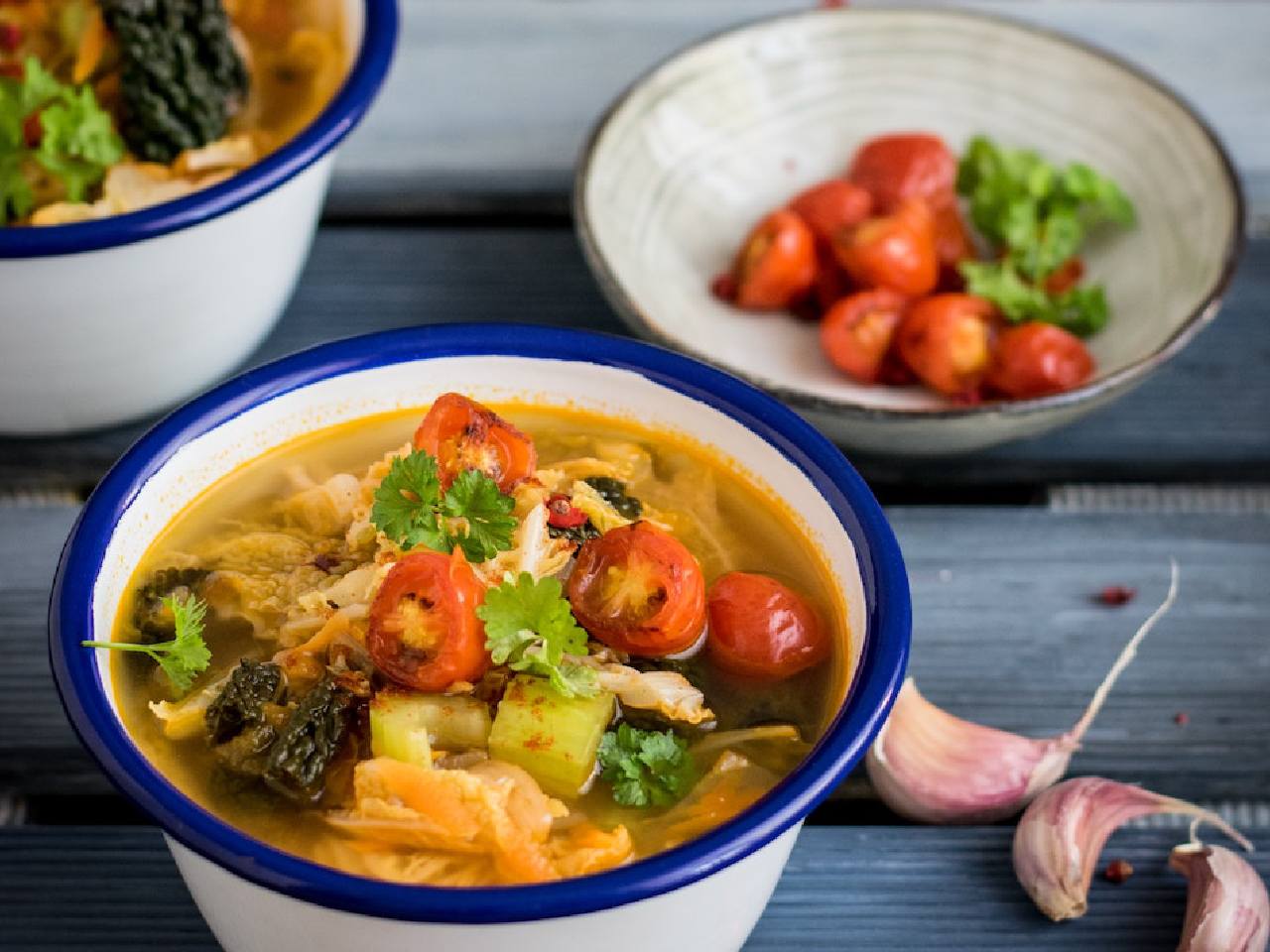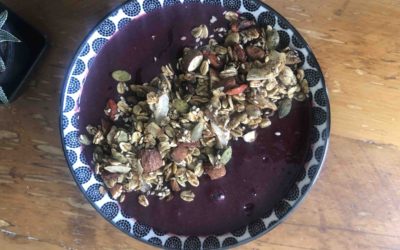Resisting the flu takes a whole-body approach
We all know the flu as a nasty, virulent infection, but have you ever wondered why some people become unwell each year while others avoid it altogether? The answer lies not in any quick fixes or miracle remedies but in attention to whole-body wellbeing, which is the foundation of good immune health.
As someone who has spent many years addressing the underlying causes of ill health and educating clients on how to improve their lifestyles so it empowers them in their future choices, I recommend the following:
Prioritise eating well
Let your food be your medicine. You may have heard the term ‘eat the rainbow’, but if not this refers to ensuring your meal choices focus on ample colourful vegetables, salads and fruits, rather than primarily animal products, refined and processed foods; especially sugar, which suppresses immune system function. Eating lots of colourful wholefoods provides your body with vitamins, minerals and phytonutrients — many of which act as antioxidants, therefore, helping support optimal immune function rather than depleting it. Aim for three handfuls of salad or colourful veg at each main meal, plus two serves of fresh fruit each day.
Keep your gut healthy to support immunity
Around 70% of your immune system tissues are located in the gastrointestinal tract, which makes looking after your gut a prime focus for whole-body wellbeing, but especially good immune function. Don’t ignore any gut symptoms you may experience (e.g. bloating or irregular bowel habits) as these are not only abnormal but likely depleting both your immunity and energy levels, as well as creating inflammation in your body.
Improve stress resilience
When the stress hormone cortisol goes up, your innate immune function becomes suppressed, leaving you more vulnerable to infections like the flu. Ongoing stressors from work, long hours, busy life and high expectations add up and, over time, can have a negative impact on your everyday health and energy levels. The antidote to a challenging life is rest and taking time to do the things you love — make sure you are scheduling in both. However, this is where herbal medicine can also make a difference; so speak to a naturopathic herbalist about creating a bespoke formula for your individual situation rather than picking something off the shelf.
Get enough sleep
Insufficient or nonrestorative sleep is one of the biggest stressors impacting the long-term health (and immune systems) of busy people. Nevertheless, quality sleep is often the first casualty when juggling multiple deadlines, frequent travel, socialising, or wrestling with worries and an overactive mind. Help yourself prioritise 7 hours of sleep on most (if not all) nights of the week by adjusting your schedule accordingly. If you are having difficulty falling or staying asleep, this is another area herbal medicine can be helpful while you implement some lifestyle changes that your future self will thank you for.
What if you still become unwell?
The #1 rule here is to not try to push through it but listen to your body and take the time you need to fully recover your energy levels before jumping back into your usual routine. If this means taking some time off work, then so be it. Not only will this help you resist any other viruses that may be about, but also prevent you from exposing others who may also be vulnerable to what can be a serious infection.
Now’s the time to call in favours from friends and family to help support you; and/or order in some warming, easy to digest soups containing immune-supporting garlic, ginger and mushrooms (particularly shiitake mushrooms if possible), and rest.
Photo by Monika Grabkowska on Unsplash




